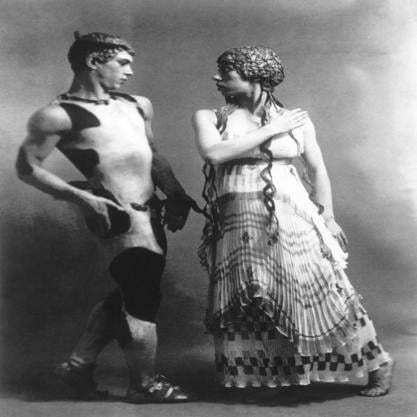Article
St John, Christopher (1871–1960) By Ferris, Lesley
Article
Christabel Marshall, later Christopher St John, studied at Somerville College in Oxford before moving to London, where she worked as a secretary to Lady Randolph Churchill while writing her first novel, The Crimson Weed (1900). She was a fervent admirer of the British actress Ellen Terry, which led her to an eventual acquaintance with Terry’s daughter, the producer, director, designer, and actress Edith (Edy) Craig, with whom she spent nearly fifty years until Craig’s death in 1947. She changed her name to Christopher St John after converting to Catholicism. Active in the suffrage movement, St John played the role of the eighteenth-century cross-dressed soldier Hannah Snell in Cicely Hamilton’s A Pageant of Great Women (1909), and she and Hamilton co-wrote the popular suffrage comedy How the Vote Was Won (1909)—both plays were directed by Craig. St John also worked as a translator and playwright for Craig’s company the Pioneer Players (1911–25), which staged her play The First Actress in 1911, a work that reinvented the suffrage pageant model by spotlighting the role of the actress and her centuries-long absence from the stage.




